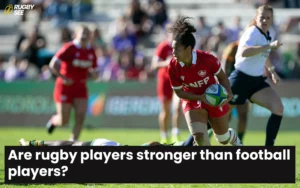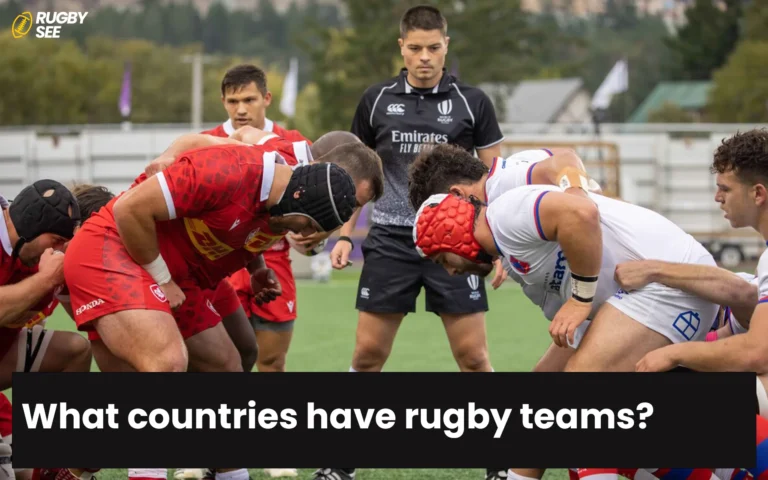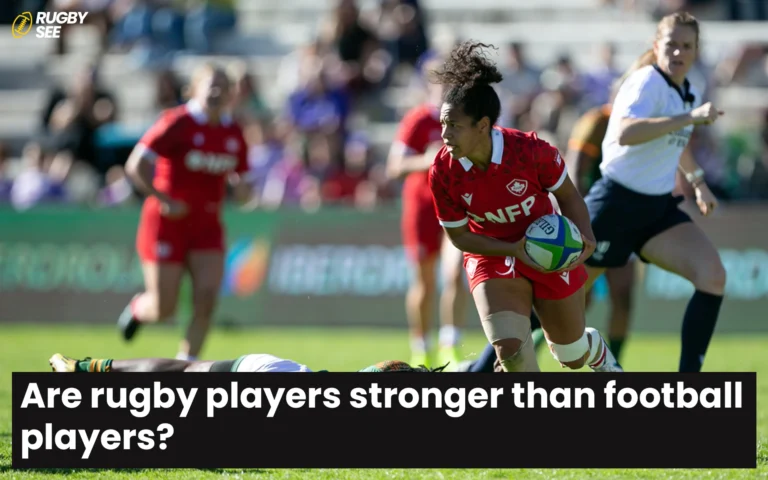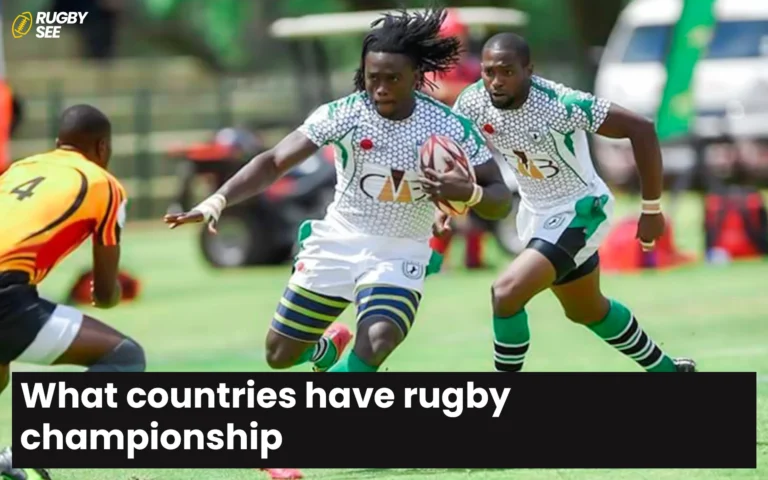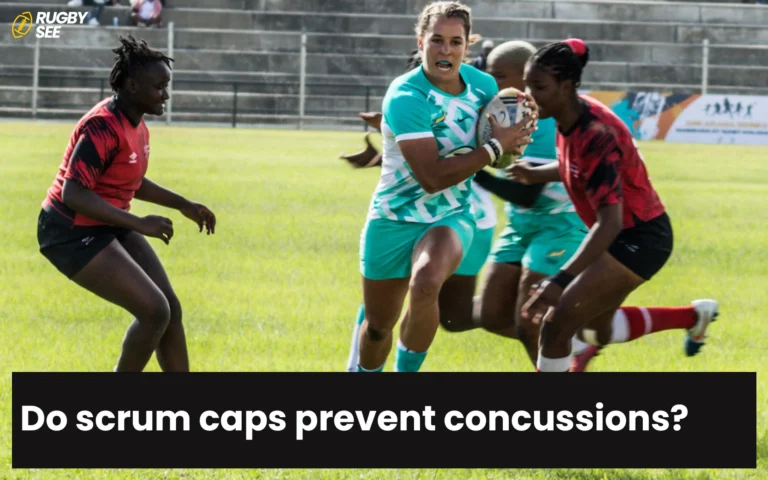When gearing up for a rugby match, one critical question that often arises is whether soccer cleats are suitable for rugby. This question is crucial, especially for players who might not have specific rugby cleats or are new to the sport. In this detailed guide, we’ll explore the feasibility of using soccer cleats for rugby, considering various aspects such as safety, performance, and rugby regulations.
Understanding the Difference Between Soccer and Rugby Cleats
Before diving into whether soccer cleats can be used for rugby, it’s essential to understand the key differences between the two types of cleats:
- Cleat Design: Soccer cleats are generally designed with a low-cut style to facilitate agility and speed, focusing primarily on lightweight construction. Rugby cleats, on the other hand, are usually built with a higher cut to offer additional ankle support, which is vital for the scrums and mauls typical in rugby.
- Cleat Pattern and Length: Soccer cleats typically feature shorter studs to aid quick lateral movements on a relatively firm pitch. Rugby cleats have longer, more robust studs to cope with the softer, muddier playing fields and to provide extra traction during the push phases in scrums.
- Material and Build: Rugby cleats are designed to withstand more rough and tumble contact. They are often heavier and sturdier than soccer cleats to endure the demands of tackling, rucking, and mauling.
Can Soccer Cleats Be Used for Rugby?
The short answer is yes, but with caveats. Here’s a detailed analysis:
Safety Considerations
Safety is paramount in rugby, can you use soccer cleats for rugby a sport known for its physical intensity and frequent contact. Soccer cleats, while similar in some aspects, may not provide the necessary grip and support needed for the dynamic and forceful nature of rugby. This lack of proper traction and support can lead to increased risks of slipping and ankle injuries and if you want to know about Ending in a Tie read Can rugby end in a tie?

Performance Impact
Using soccer cleats in rugby could potentially impact a player’s performance. The lesser grip and ankle support might affect the player’s ability to engage effectively in scrums, ruck, and maintain stability during powerful runs or tackles.
Regulatory Compliance
It’s also essential to consider the regulations of the specific rugby league or union. Some leagues have specific rules regarding the types of cleats allowed. These rules usually focus on the length and shape of the studs, where soccer cleats might not always comply.
Alternatives and Recommendations
For casual play or in a pinch, soccer cleats can be a temporary solution for rugby. However, for regular play, especially at competitive levels, investing in a good pair of rugby-specific cleats is advisable. Rugby cleats are tailored to meet the physical demands and safety requirements of the sport.
Additional Considerations When Using Soccer Cleats for Rugby
1. Durability Concerns
Soccer cleats might not be as durable as rugby cleats when used in rugby games. Rugby involves more direct contact, including frequent tackles and scrums, which can put extra strain on the cleats. Soccer cleats, being lighter and less robust, might wear out faster under these conditions.
2. Comfort and Fit
Comfort is another critical factor. Rugby cleats are designed with a roomier fit to accommodate thicker socks and potentially orthotics, which are common in a sport that involves a lot of running and physical impact. Soccer cleats are typically more snug, which might not be as comfortable for a rugby player, especially during long matches or practices.
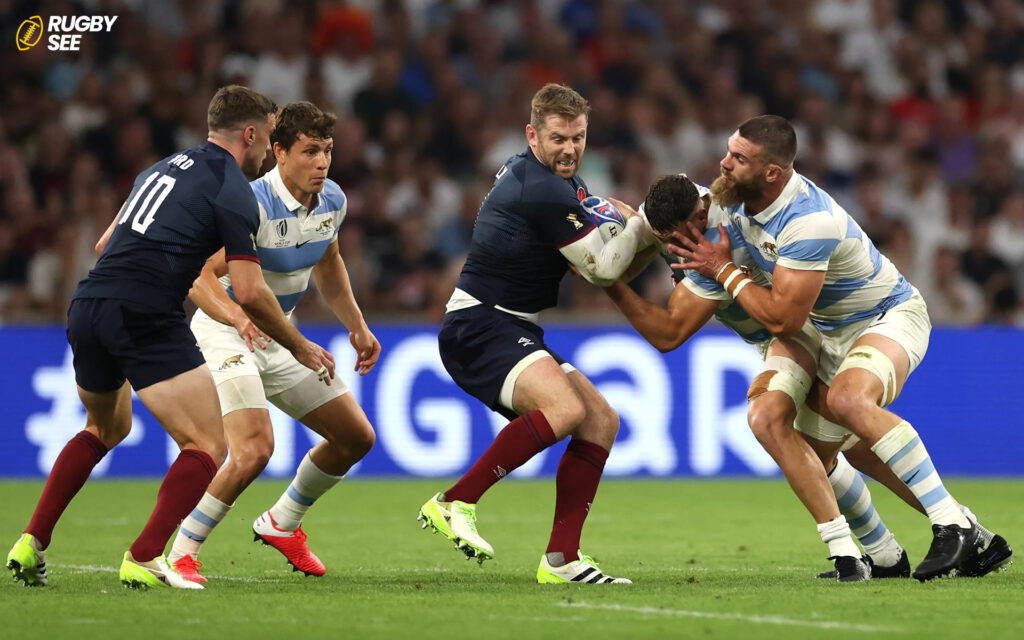
Practical Advice for Different Levels of Play
Beginners: If you are just starting out in rugby and are unsure about investing in rugby-specific gear, using soccer cleats can be an acceptable temporary measure. However, make sure they fit well and provide enough traction for your local pitch conditions.
Intermediate Players: As you progress in your rugby career, the need for specialized equipment becomes more apparent. If you are playing at an intermediate level, consider transitioning to rugby cleats that can offer better performance and reduce injury risk.
Advanced Players: For those playing at high competition levels or in leagues with specific equipment standards, it is essential to use rugby-specific cleats. Advanced players will benefit from the enhanced features that rugby cleats offer, such as improved traction, durability, and protection.
Choosing the Right Cleats
When selecting cleats, whether for soccer or rugby, consider the following factors:
- Stud Type: Choose between screw-in and molded studs based on the field conditions you expect to play on. Screw-in studs are better for variable conditions, as you can adjust the length of the studs.
- Material: Look for durable materials that can withstand the wear and tear of rugby. Leather can be a good option for durability, though modern synthetic materials offer good durability with less weight.
- Fit: Ensure the cleats fit well. Poorly fitting cleats can lead to blisters, discomfort, and even injuries.
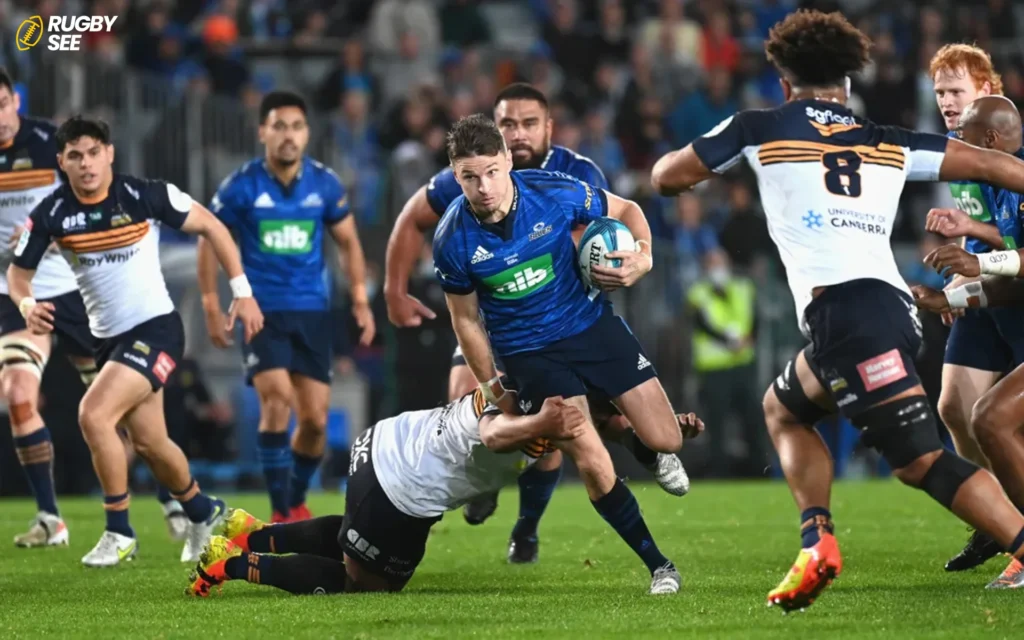
Conclusion
While soccer cleats can serve as a temporary solution for rugby players, they are not ideal for regular use in the sport. Players should assess their level of play, the conditions they will play in, and their specific needs when deciding on their footwear. Investing in the right rugby cleats is not only about improving performance but also about ensuring safety and durability throughout the season and if you want to know about Half Time in Rugby read does rugby have half time?
This extended guide provides comprehensive insight into using soccer cleats for rugby, tailored to help players make informed decisions based on their individual needs and levels of play.
While soccer cleats can technically be used for rugby, they are not the ideal choice due to differences in design, safety features, and performance needs. Players should consider the level of play, the field conditions, and specific league regulations when choosing their cleats. For the best experience and safety, rugby-specific cleats are recommended.


